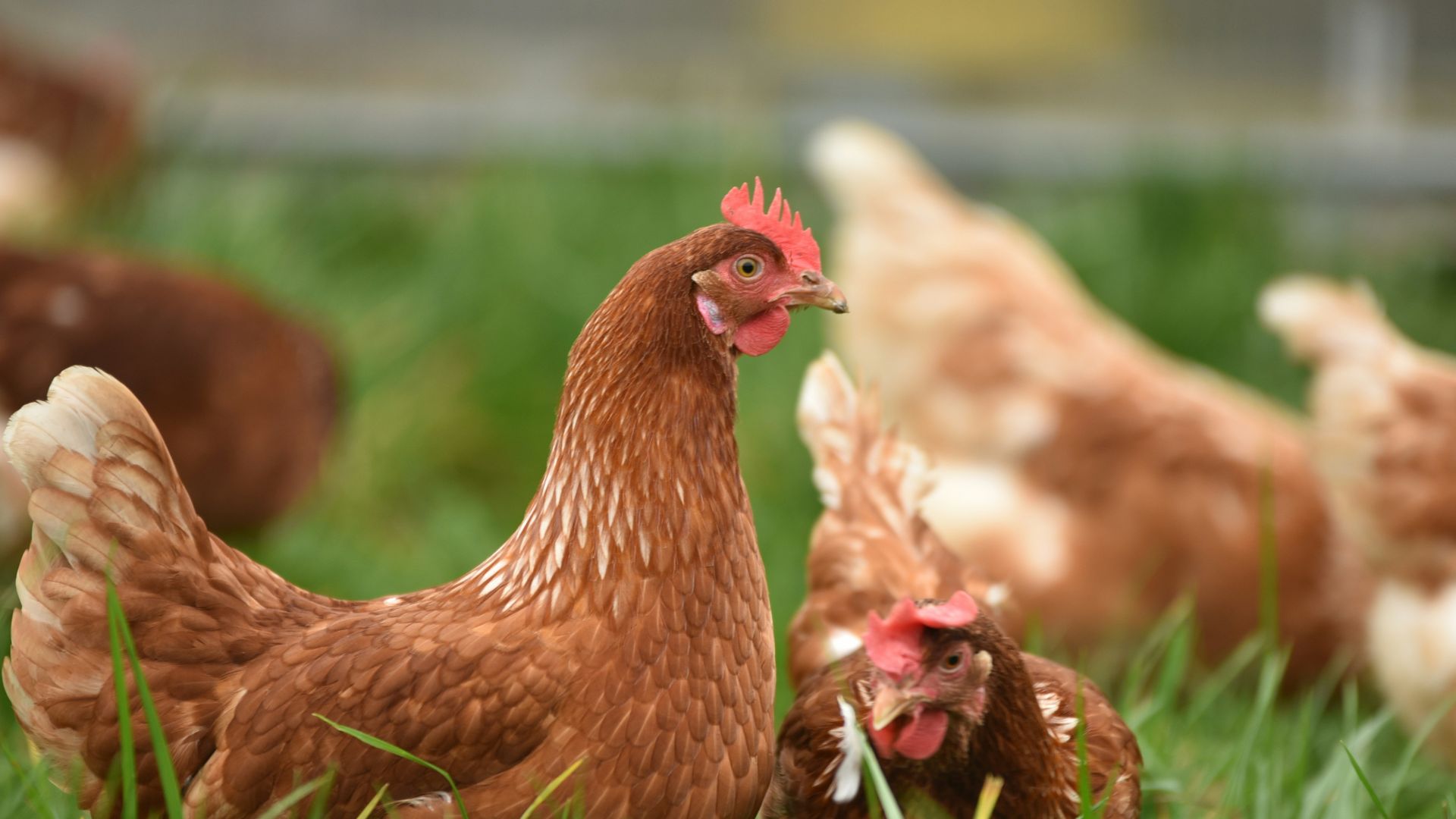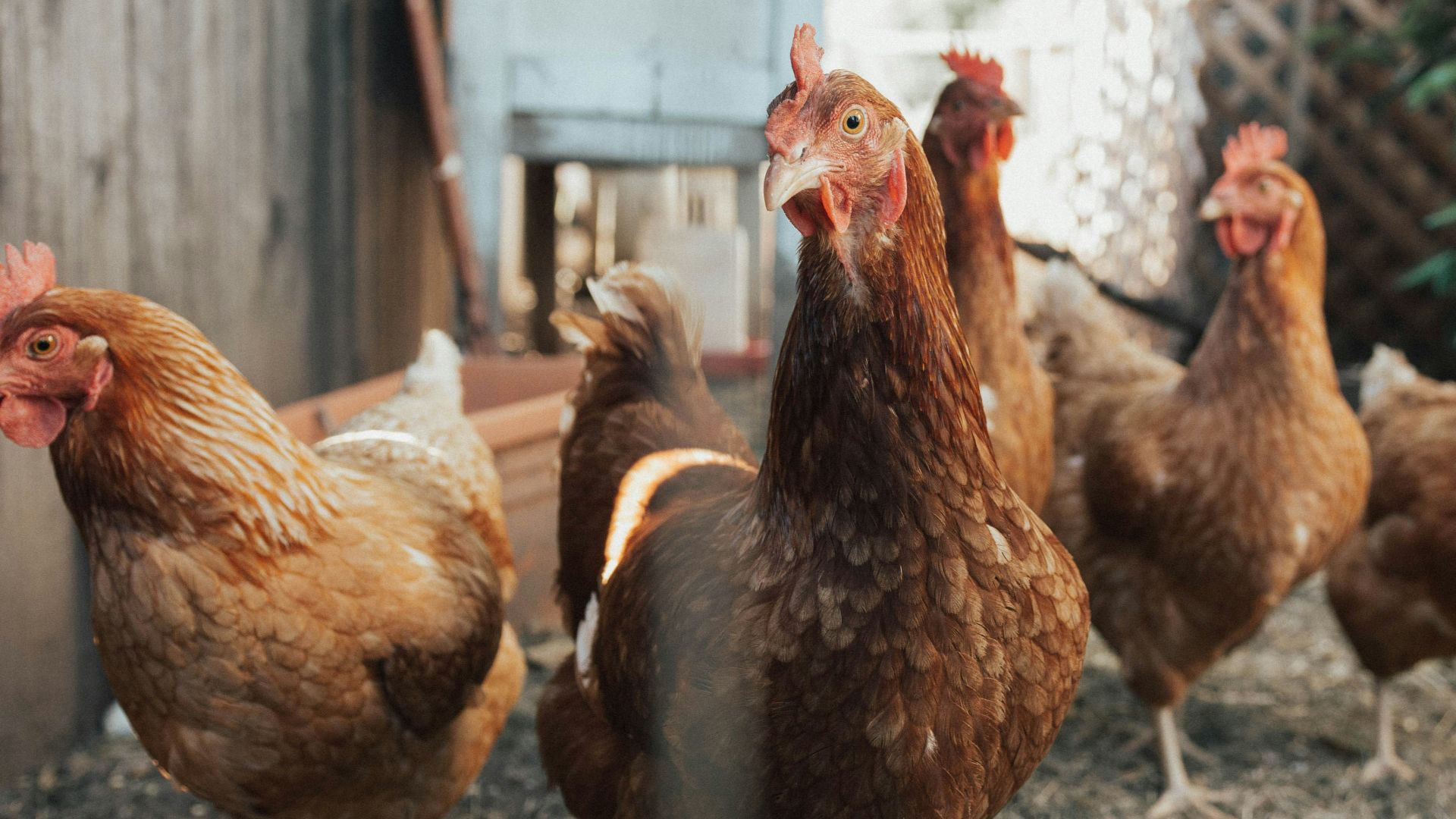Brown vs. White Eggs: Unpacking the Great Supermarket Standoff
Wander down the dairy aisle of any New Zealand supermarket, and you’re bound to encounter it: the age-old question, presented in stark contrast. Brown eggs sit beside white eggs, often at different price points, prompting a familiar internal debate. Are the brown ones fresher? Healthier? More "natural"? Or are the white ones somehow superior – cleaner, perhaps, or of better quality? It’s a common quandary, but the truth behind the shell colour is simpler than you might think.

The Short Answer: It's All About the Hen
Let's cut to the chase: there's no inherent difference in taste, nutritional value, or overall quality between brown and white eggs. The sole determining factor is the breed of the chicken that laid it.
The world of eggs is a colourful one, extending far beyond the familiar white and brown. You'll find eggs in shades of blue and even green, all thanks to the genetic makeup of the hen. For instance, breeds like the White Leghorn are responsible for those classic white shells, while heritage breeds such as Rhode Island Reds and Plymouth Rocks typically lay brown eggs. Then there are the more exotic layers, like the Araucana or Ameraucana, which produce those striking blue or green eggs. Crucially, the colour of the shell has absolutely no bearing on the goodness found within; it's purely a matter of the hen's genetics dictating the shell's pigmentation.

Digging Deeper: Separating Fact from Fiction
A persistent myth suggests that brown eggs are somehow healthier or more "farm-fresh" than their white counterparts. However, this simply isn't true. When you compare eggs of the same size and grade, their nutritional profiles are virtually identical. A standard large egg, regardless of shell colour, is a nutritional powerhouse, typically containing between 70 and 80 calories. They are an excellent source of high-quality protein, essential amino acids, and a raft of vitamins and minerals. This includes vital nutrients like B2, B12, and D, along with selenium and phosphorus.

The reality is that any observed nutritional variations are far more likely to be influenced by external factors, such as the hen's diet and living conditions, rather than the colour of her shell.
Factors Influencing Nutritional Content
- Outdoor Access and Sunshine: Hens that are allowed to roam freely and soak up some sunshine outdoors tend to produce eggs with significantly higher levels of vitamin D. In some cases, these eggs can contain three to four times more vitamin D than those laid by conventionally raised hens.
- Dietary Enrichment: If hens are fed a diet rich in omega-3 fatty acids, the eggs they produce will naturally have a higher omega-3 content. Similarly, feeding hens a diet fortified with vitamin D will boost the vitamin D levels in their eggs.
Therefore, it’s the hen’s lifestyle and what she eats that truly dictate the egg’s nutritional value, not the colour of its shell.
The Taste Test: Freshness and Feed Reign Supreme
When it comes to taste, you might hear anecdotal claims that brown eggs simply taste better. However, shell colour isn't the culprit here either. Differences in flavour are more commonly attributed to:
- Freshness: Fresher eggs generally have a more vibrant flavour.
- Feed: As mentioned, the hen's diet plays a significant role. Eggs from home-raised chickens, often fed a more varied and natural diet, can sometimes taste "richer" or "cleaner" than commercially produced eggs. This is also partly due to the speed at which they reach the table, bypassing long transport and storage periods.
- Storage Conditions: How eggs are stored can also impact their flavour.
- Cooking Method: The way you cook an egg – be it scrambled, fried, or poached – can subtly alter its perceived taste.
Stocking Your Fridge: What Really Matters
So, to settle the debate once and for all: do brown eggs truly differ from white ones in any meaningful way? In a nutshell, no. The colour of the eggshell is simply an indicator of the hen's breed. It tells you nothing about the bird's health, its diet, or the intrinsic quality of the egg itself.

Instead, when you’re choosing eggs, pay attention to factors that genuinely impact their goodness and taste. These include:
- Hen Welfare: Consider free-range or barn-laid options, which often indicate better living conditions for the hens.
- Feed Quality: Look for information about the hens' diet, especially if you're seeking specific nutritional benefits like added omega-3s.
- Freshness: Opt for eggs that appear fresh and have a good sell-by date.
Ultimately, the choice between brown and white eggs comes down to personal preference. Go ahead and pick the ones that catch your eye – you’ll be getting much the same goodness inside, no matter the shell colour.


No comments:
Post a Comment